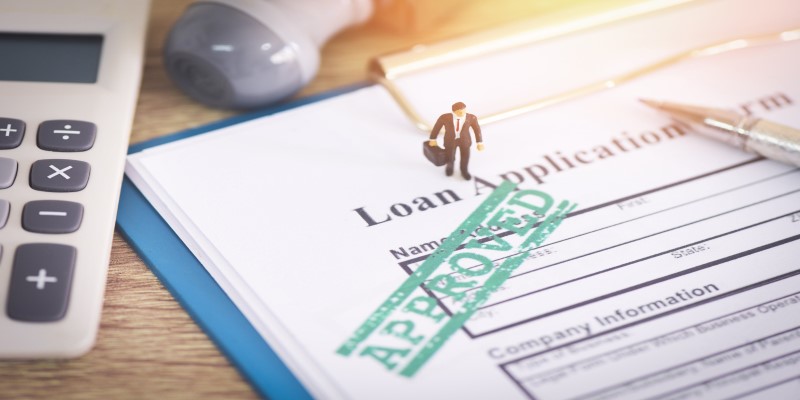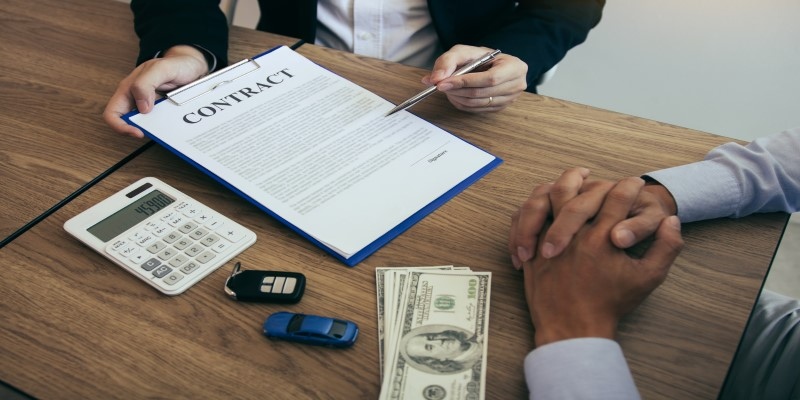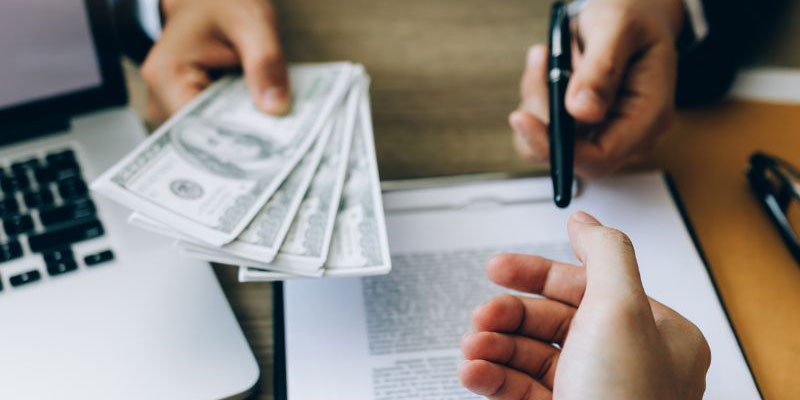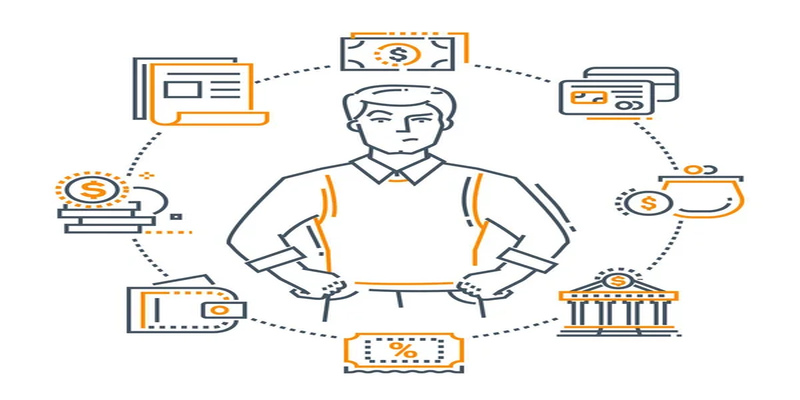Getting a loan can seem very beneficial if you are starting a small business and need funds to get the by-products, the machinery, and other things. When you get a loan, many lenders need to ensure that you can pay their loan back, even if your business cannot work correctly. In such cases, there, you can ensure the lender that you will be paying the money back in different ways.
Personal guarantees and collateral are the two significant kinds of security that you can offer lenders so that they can trust you and give you the loan you need. If you are someone who wants to get an SBA loan but doesn’t know much about the collateral and guarantee, then this article is just for you. So, let’s jump right into the article.
What is SBA Loans Personal Guarantee?
Whenever you apply for SBA loans, you will see that you need to provide a personal guarantee. This means you must ensure the lender that you can repay the money to them even if your business fails to work. You can guarantee this through someone who owns more than 20% of the company.
The lender might ask you for two different kinds of personal guarantees. The limited guarantee and the unlimited guarantee. An unlimited guarantee means that the person providing the guarantee to the lender will pay the entire loan amount back to the lender if the business cannot bear it. Here, the lender is not required to seize the collateral or any other kind of payment for the security, and they can go straight into applying for the loan.
The simple assurance applies to individuals with ownership stakes below 20% in a business. With this repayment approach, your repayment to the lender is restricted either as a fixed dollar amount or a percentage of the debt. This guarantee can also be backed by taking possession of the collateral.

Who can have a Personal Guarantee of an SBA Loan?
The following people can use the personal guarantee for the SBA loans.
- Individuals that are part of more than 20% of a business.
- If a spouse owns more than 5% of the business and their combined ownership interest is about 20% or even more than that.
- Any trust that owns 20% or more of their business.
What is SBA Loan Collateral?
Collateral is not very important when it comes to SBA loans. The lenders do not take this security for the 7(a) loans that are $50,000 or less than that. However, this guarantee is used when someone takes 7(a) loans over 50,000. Banks or credit unions that offer loans to small businesses generally request this kind of guarantee.
If you are taking the loans to get payment for your business, then they will ask for this collateral. They will use your business assets as collateral; sometimes, they can even ask for personal assets. Some lenders also might need hazardous insurance on the property for the collateral.
There are a lot of different things that come under the collateral. Some of them are mentioned below.
- Personal residences
- Commercial real estate
- Inventory
- Account receivable
- Equipment
- Retirement account
- Commercial vehicles
Also, it is essential to understand that there are different types of loan programs. This means that the collateral requirements will change when accounting for the loan program.
What if you can’t provide the SBA Loan Collateral or Personal Guarantee?
When you are trying to get a loan, the lender will ask you to approve. This gives them a security that they will get back their loan. However, what if someone cannot provide any of the above-mentioned guarantees? Then there are other options that you might need to consider. Following are some of the alternatives that you can use when it comes to getting the SBA Loan.
Business Grant:
If you get a business grant, then this means that you will be funding your business, and you don’t need to pay back. Hence, this means that you don’t have to show any collateral or even a personal guarantee.
Business Credit Card:
A business credit card is another option that you can choose. Some cards do require some kind of personal guarantee; however, some don’t. So, the ones that don’t need the personal guarantee, you can use them for your small business.
Crowdfunding:
Crowdfunding is also an intelligent way to collect funds for your business without getting a loan. However, it is not as simple as it might sound. When you get the funds from a group of people, you need to give them something in exchange. This can be something like a limited edition product or sometimes a share of your business.
Unsecured Business Loans:
Unsecured business loans are also an option you can use if you don’t want to provide a collateral guarantee. However, you must know these types of loans need a personal guarantee.
Business Line of Credit:
For many small business owners, a business line of credit might be the best option because they don’t require a personal and collateral guarantee. There are secured and unsecured business lines of credit that you can get, and they are very easy to get. The drawback is that you might need to pay very high-interest rates.

Final Words:
SBA loans can be very beneficial for people who are trying to get their business working. These loans are easy to get and approve; however, you need to provide some kind of security to the lenders to ensure that you will be paying them their loan back in case the business does not work. This is where the personal and collateral guarantee comes into action. Hence, we hope this article was beneficial for you in learning the significant differences between the two and how both of these guarantees work.




